Intro
Find relief from restless legs syndrome with these 7 self-care tips. Discover how to calm RLS symptoms with natural remedies, relaxation techniques, and lifestyle changes. Learn to manage your condition and improve sleep quality with our expert guide, featuring advice on exercise, stress management, and more.
Living with Restless Legs Syndrome (RLS) can be a frustrating and exhausting experience. The constant urge to move your legs, the discomfort, and the sleep disturbances can significantly impact your daily life. While there is no cure for RLS, there are several self-care tips that can help alleviate its symptoms and improve your overall quality of life.
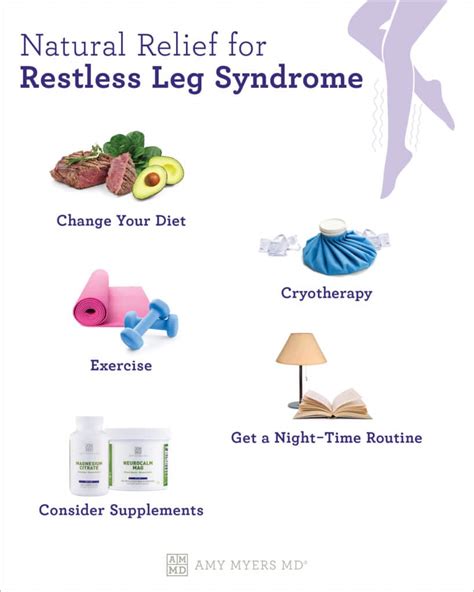
Understanding Restless Legs Syndrome
Before we dive into the self-care tips, it's essential to understand what RLS is and what causes it. RLS is a neurological disorder characterized by an uncontrollable urge to move your legs, usually due to uncomfortable or unpleasant sensations. These sensations can range from tingling and burning to itching and cramping. While the exact cause of RLS is still unknown, it's believed to be linked to genetics, iron deficiency, and dopamine imbalance.
1. Establish a Relaxing Bedtime Routine
Developing a relaxing bedtime routine can help calm your mind and body, reducing the symptoms of RLS. Try to establish a consistent sleep schedule, avoiding caffeine and electronics before bedtime. Engage in relaxing activities like reading, meditation, or deep breathing exercises to calm your mind and body.
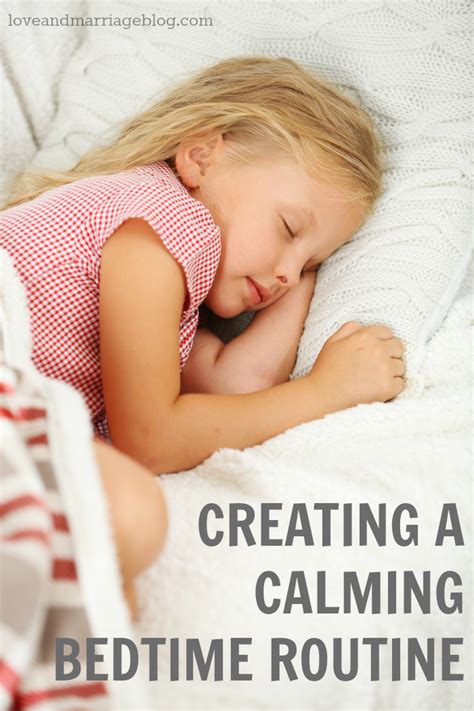
2. Exercise Regularly
Regular exercise can help alleviate RLS symptoms by reducing stress and anxiety, improving sleep quality, and increasing dopamine levels. However, it's essential to avoid vigorous exercise within a few hours of bedtime, as it can actually worsen RLS symptoms. Opt for low-impact exercises like yoga, stretching, or walking, and try to schedule your workouts earlier in the day.
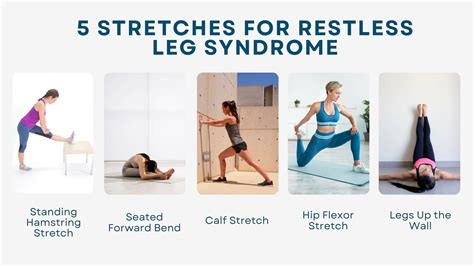
3. Manage Stress and Anxiety
Stress and anxiety can exacerbate RLS symptoms. Engage in stress-reducing activities like meditation, deep breathing exercises, or yoga to help manage stress and anxiety. You can also try progressive muscle relaxation, which involves tensing and relaxing different muscle groups to release tension.
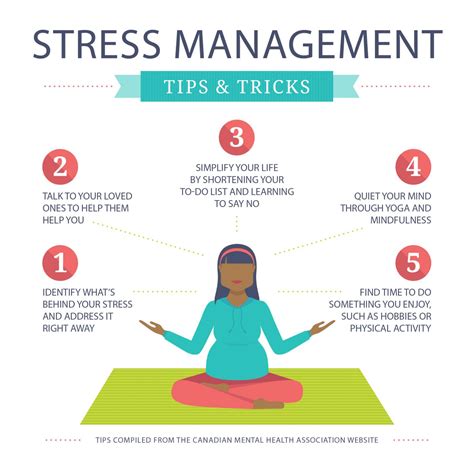
4. Improve Sleep Quality
Poor sleep quality can worsen RLS symptoms. Establish a sleep-conducive environment by ensuring your bedroom is dark, quiet, and cool. Invest in a comfortable mattress and pillows, and avoid screens before bedtime. Try to establish a consistent sleep schedule, and avoid stimulating activities before bedtime.
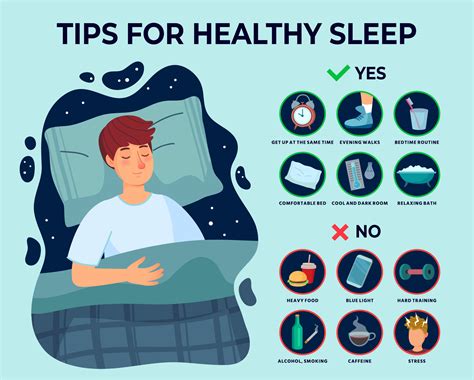
5. Try Alternative Therapies
Alternative therapies like acupuncture, massage, and physical therapy can help alleviate RLS symptoms. Acupuncture can help regulate dopamine levels, while massage can reduce muscle tension and promote relaxation. Physical therapy can help improve sleep quality and reduce symptoms.
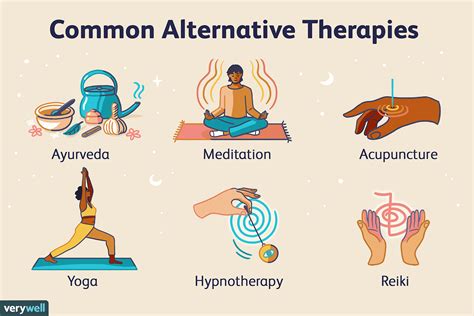
6. Stay Hydrated and Avoid Trigger Foods
Dehydration and certain foods can trigger RLS symptoms. Stay hydrated by drinking plenty of water throughout the day, and avoid foods that can trigger symptoms like caffeine, sugar, and salt.
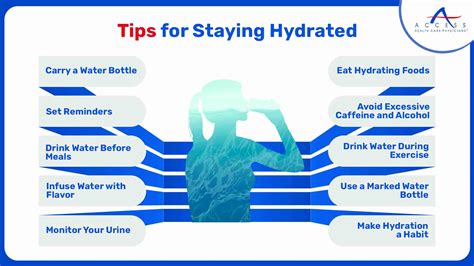
7. Consider Lifestyle Changes
Making lifestyle changes can help alleviate RLS symptoms. Consider quitting smoking, reducing caffeine intake, and avoiding heavy meals close to bedtime. You can also try relaxation techniques like visualization or guided imagery to help calm your mind and body.

By incorporating these self-care tips into your daily routine, you can help alleviate RLS symptoms and improve your overall quality of life. Remember to consult with your healthcare provider before making any significant changes to your lifestyle or treatment plan.
We'd love to hear from you! Share your experiences with RLS and any self-care tips that have helped you in the comments below.
What is Restless Legs Syndrome?
+Restless Legs Syndrome (RLS) is a neurological disorder characterized by an uncontrollable urge to move your legs, usually due to uncomfortable or unpleasant sensations.
What causes Restless Legs Syndrome?
+The exact cause of RLS is still unknown, but it's believed to be linked to genetics, iron deficiency, and dopamine imbalance.
How can I alleviate RLS symptoms?
+Try incorporating self-care tips like establishing a relaxing bedtime routine, exercising regularly, managing stress and anxiety, improving sleep quality, and trying alternative therapies.
